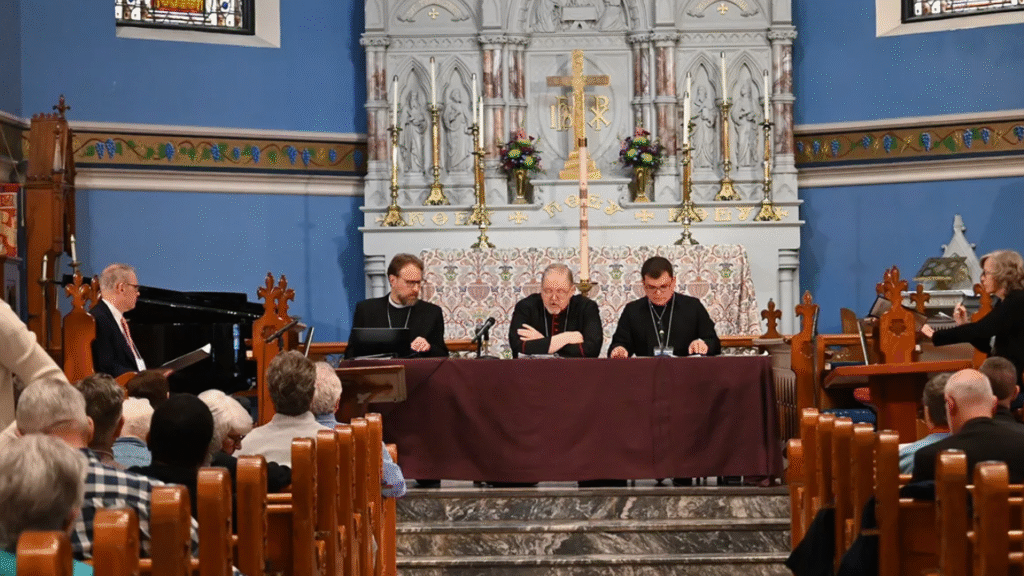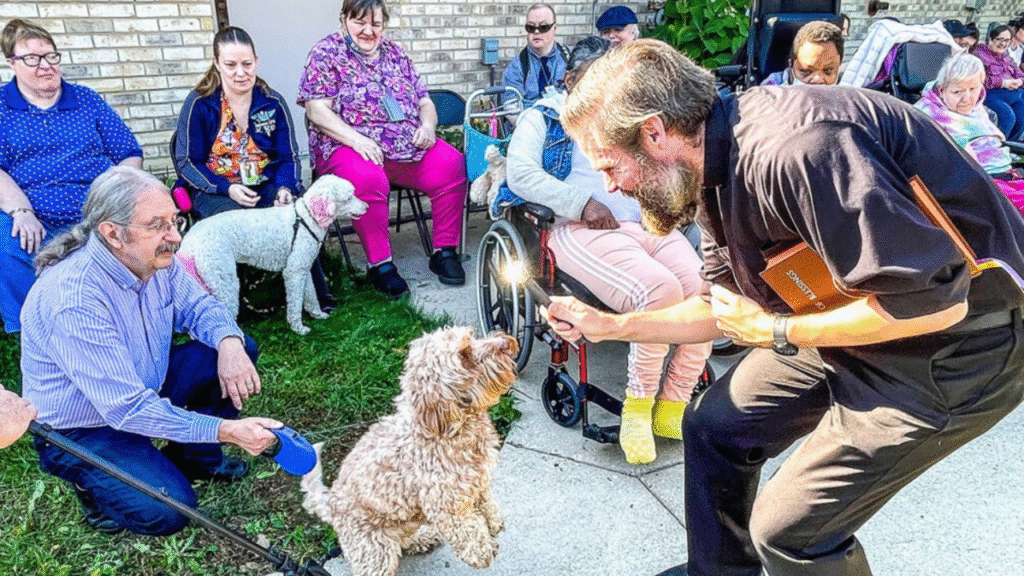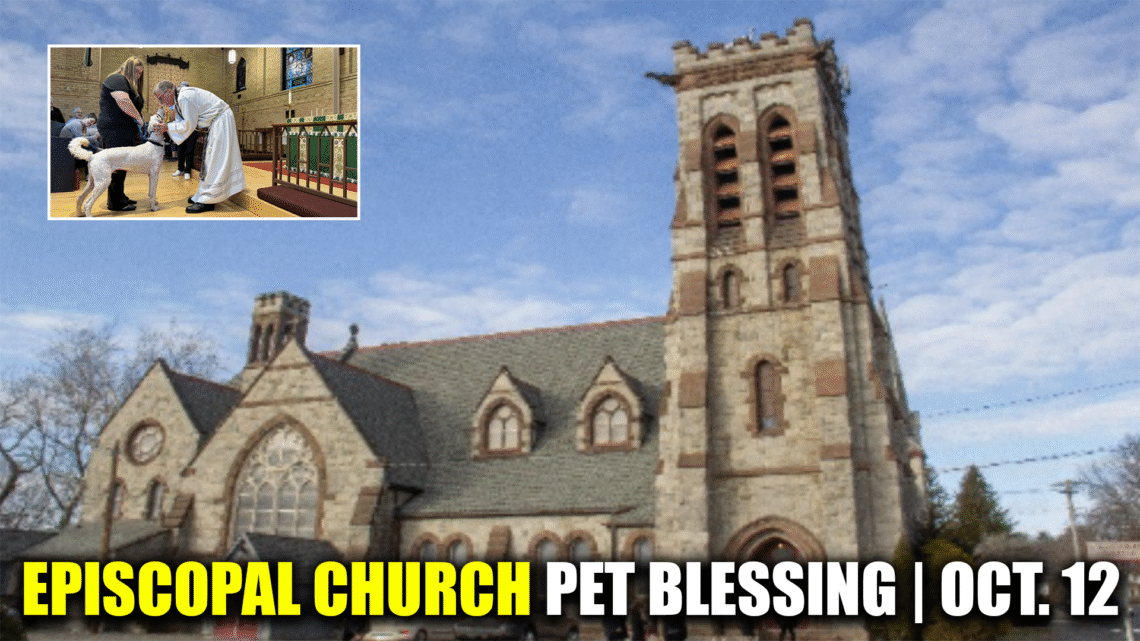The Episcopal Church recently made headlines by ending its decades-long partnership with the U.S. refugee resettlement program. This bold decision came in response to a controversial policy that prioritized white South African refugees over other vulnerable groups. By taking this stand, the church emphasized its commitment to racial justice and ethical principles, even at the cost of significant financial support.

Why the Controversy Began
Government Policy Sparks Debate
Earlier this year, the U.S. administration fast-tracked the resettlement of white South African refugees, particularly Afrikaners, citing alleged violence against them. Many experts dismissed these claims as exaggerated. The policy left countless other refugees waiting in precarious situations, creating a moral and ethical dilemma for organizations like the Episcopal Church.
Church’s Response
Episcopal Migration Ministries (EMM), the church’s refugee program, has helped resettle over 110,000 refugees over nearly 40 years. Faced with the new directive, the church chose not to participate in the resettlement of white South African refugees, citing racial justice concerns and ethical obligations to treat all refugees fairly.
The Ethical Imperative
Fair Treatment for All Refugees
The church objected to prioritizing one group based on race. For decades, EMM has focused on helping the most vulnerable, regardless of nationality or skin color. This new policy contradicted the church’s long-standing mission.
Upholding Moral Values
The decision reflects the church’s commitment to justice, compassion, and integrity. By refusing federal directives that conflict with its principles, the Episcopal Church sends a strong message about prioritizing ethics over politics or funding.
Challenges and Solutions
Financial Impact
The church faces the loss of over $50 million in federal funding annually. These funds previously supported housing, medical care, and integration programs for refugees. Despite this setback, EMM plans to continue its mission using alternative funding sources.
New Support Strategies
EMM is focusing on church-based and community-led initiatives. This includes supporting refugees already in the U.S., assisting asylum-seekers, and developing partnerships with non-profit organizations committed to equitable refugee aid.
Real-Life Example
Consider the case of a Syrian family who arrived in the U.S. through EMM programs. They were resettled in a supportive community, provided with housing, education, and employment opportunities. The church’s ethical approach ensures that vulnerable groups like this family are prioritized based on need, not race or politics.
Broader Implications
National Debate on Immigration
The church’s decision sparked discussions about race, ethics, and immigration policy nationwide. Many praised the Episcopal Church for upholding justice, while critics argued that politics should not influence humanitarian aid.
Global Support
Internationally, religious and humanitarian organizations commended the church’s stance. The Anglican Church of Southern Africa, in particular, expressed solidarity, reinforcing the importance of ethical leadership in global refugee programs.
Conclusion
The Episcopal Church’s bold stand against racially biased refugee policies highlights the importance of integrity and moral responsibility. By prioritizing ethical principles over political or financial pressure, the church sets an example for other organizations worldwide. Its actions remind us that justice and compassion should guide humanitarian efforts.

FAQs
Q1: Why did the Episcopal Church end its refugee resettlement partnership?
A1: The church opposed the policy prioritizing white South African refugees, which conflicted with its commitment to racial justice.
Q2: How many refugees has the Episcopal Church helped?
A2: Through EMM, the church has assisted over 110,000 refugees in nearly 40 years.
Q3: Will the church continue refugee support?
A3: Yes, it will focus on church-led initiatives and alternative funding to support refugees and asylum-seekers.
Q4: What is the financial impact of ending the partnership?
A4: The church loses around $50 million in federal funding annually, but remains committed to its mission.
Q5: How did other organizations react?
A5: Many religious and humanitarian groups praised the church for upholding ethics and racial justice.





